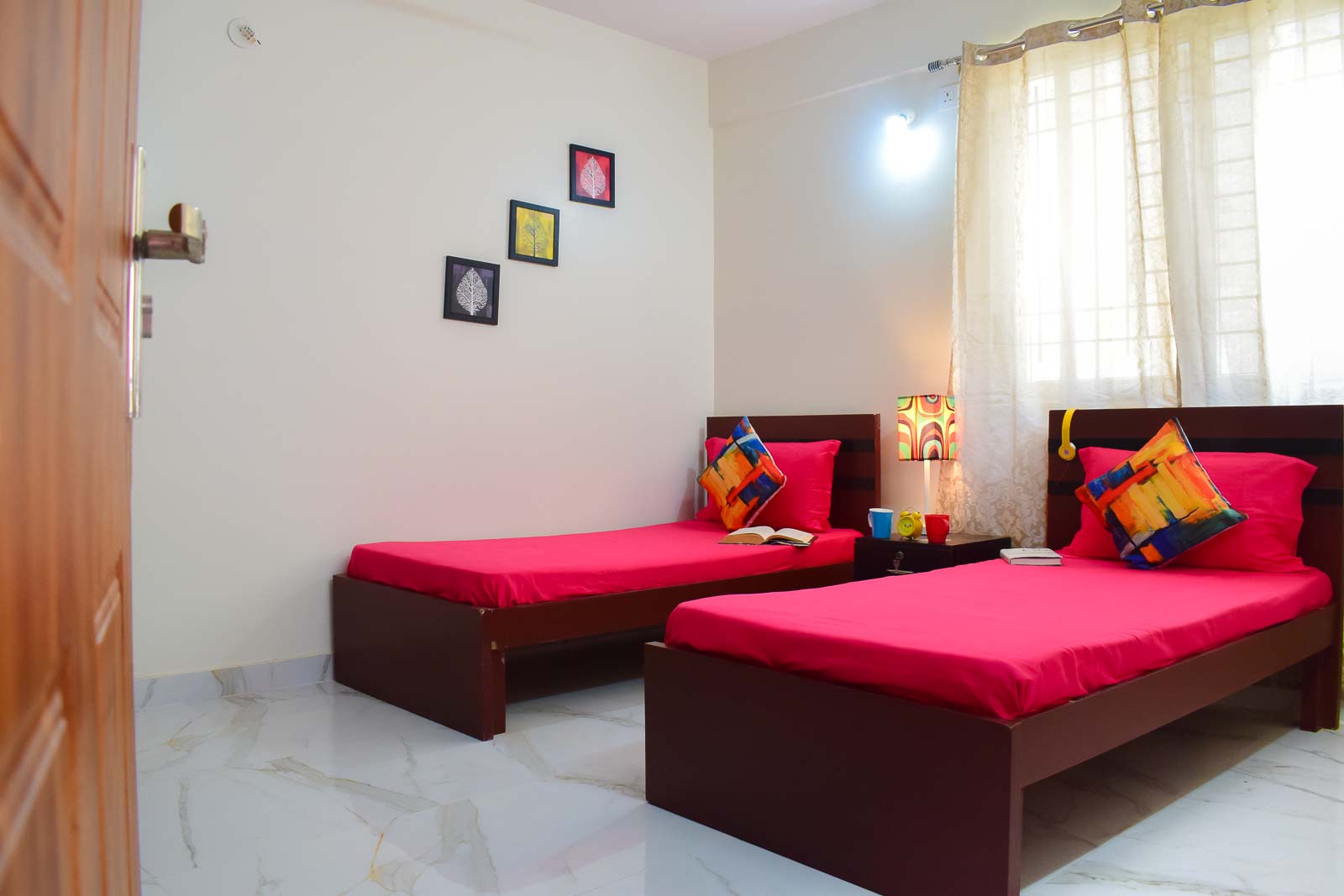Real Estate
About
Home / Flat
Purchasing a home flat is a significant milestone and often requires financial assistance through a real estate loan. Understanding the process and requirements for obtaining a loan can help you navigate the journey with confidence and ease. This guide covers the essential aspects of securing a real estate loan for a home flat, including types of loans, eligibility criteria, the application process, and tips for success.
Fixed-Rate Mortgage: A loan with a constant interest rate and monthly payments that do not change over the life of the loan. This is ideal for those who prefer stability and predictability.
Adjustable-Rate Mortgage (ARM): A loan with an interest rate that may change periodically based on changes in a corresponding financial index. This option can offer lower initial rates but carries the risk of higher payments in the future.

Office Space / Shop

Securing a real estate loan for office space or a shop is a crucial step for entrepreneurs and business owners looking to establish or expand their operations. Understanding the various financing options, eligibility criteria, and the application process can help you make informed decisions and secure the funding you need. This guide provides an overview of obtaining a real estate loan for commercial purposes, including office spaces and shops.
Traditional Commercial Mortgage: Similar to a residential mortgage, this loan is typically offered by banks and other financial institutions for purchasing office spaces or shops. It usually requires a substantial down payment and offers fixed or variable interest rates.
SBA 7(a) Loan: Backed by the Small Business Administration (SBA), this loan is designed to help small businesses acquire commercial real estate with lower down payments and longer repayment terms.
Valuation
Valuation is a critical component in the real estate loan process, serving as the basis for determining the loan amount that a lender is willing to offer to a borrower. Accurate and reliable valuation ensures that the lender’s risk is minimized, while also providing the borrower with a fair assessment of the property’s worth. Here, we delve into the methods, importance, and factors influencing real estate valuation for loans.
Risk Management: For lenders, the primary purpose of valuation is to mitigate risk. By determining the property’s market value, lenders can ensure that the loan-to-value (LTV) ratio is within acceptable limits, reducing the likelihood of loss in case of borrower default.
Loan Approval: The valuation informs the maximum loan amount a lender is willing to extend. Accurate valuation helps in setting appropriate terms and conditions for the loan.

Selling & Buying (Shop, Flats, Office)

The process of buying and selling commercial and residential properties, such as shops, flats, and offices, involves several key steps and considerations. Understanding these can help both buyers and sellers make informed decisions and achieve favorable outcomes.
Identify Needs and Budget: Determine the type of property needed (shop, flat, office) and establish a budget. Consider factors such as location, size, and specific requirements like proximity to customers for a shop or transport links for an office.
Market Research: Analyze market trends and property values in desired locations. Use online listings, real estate agents, and property portals to gather information.
Loan Pre-Approval: Obtain pre-approval for a mortgage or business loan to understand the financing available. This involves providing financial details to lenders and receiving an estimate of the loan amount.
Rental (Shop, Flats, Office)
Renting commercial and residential properties, such as shops, flats, and offices, involves a series of steps and considerations that help ensure a smooth and beneficial arrangement for both tenants and landlords. This guide outlines the key aspects of the rental process for different types of properties.
Identify Requirements: Clearly define the type of property needed (shop, flat, office) and the specific requirements such as location, size, and amenities. For shops and offices, consider factors like customer accessibility and proximity to business hubs.
Budget Planning: Establish a realistic budget, including the monthly rent and additional costs such as utilities, maintenance, and any association fees.
Online Listings and Real Estate Agents: Use online property portals, social media, and real estate agents to find available properties. Agents can provide valuable insights and access to a wider range of options.

P.G

Paying Guest (P.G.) accommodation is a popular living arrangement where individuals, typically students or working professionals, rent a room in a residential property and share common facilities with the host family or other tenants. This type of accommodation offers a unique blend of privacy and community living, providing several advantages and some considerations for both tenants and landlords.
Affordability: P.G. accommodations are often more affordable than renting an entire apartment or flat. The cost typically includes utilities and sometimes meals, making it a cost-effective option.
Convenience: Many P.G. facilities offer amenities such as laundry, housekeeping, and meals. This convenience allows tenants to focus on their studies or work without worrying about daily chores.
Flexibility: P.G. arrangements usually come with more flexible lease terms compared to traditional rentals. Short-term stays are often available, which is ideal for students or professionals on temporary assignments.
Want Any Consult Contact Us Now !


